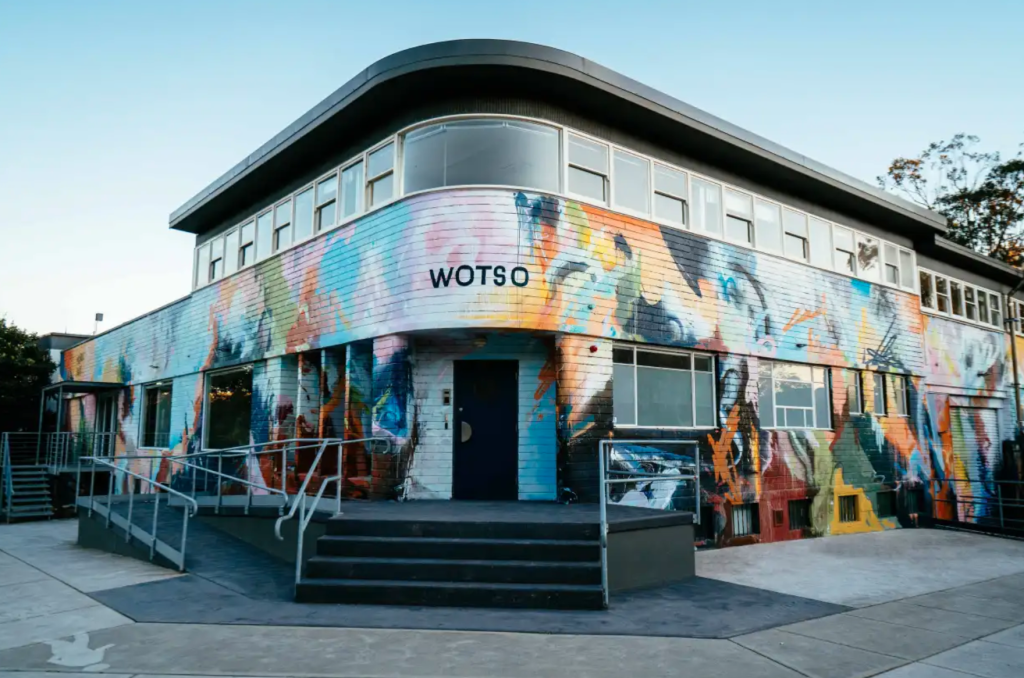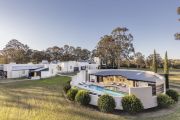
Wotso stays flexible as pandemic rocks its working world
Flexible workspace provider Wotso is expecting a rapid rebound in its business once the Sydney lockdown ends and is aiming for operational profitability within the next two years.
Its performance improved strongly through financial year 2020-21, according to the annual report from the parent company, Wotso Property, a stapled security also incorporating the BlackWall Property Trust.
Total occupancy across Wotso’s 18 sites, encompassing 37,000 square metres of flexible space, reached 68 per cent compared with 59 per cent the previous year, which was heavily affected by COVID-19.
Annual turnover for the workspace business through the year increased from $12.8 million to $16.8 million, although it failed to make a profit and recorded a loss of $1.4 million before tax.
However the rent it paid to its corporate stablemates BlackWall Trust and Planloc, which between them lease 10 of the 14 buildings they own to Wotso, underpinned a $5.7 million net profit for the group.
Unitholders will receive a final dividend for the six months to June 30 of 3¢, down from 3.5¢ for the previous corresponding period.
Tim Brown, a joint managing director, said Wotso had performed well through the year.
Some sites recording occupancies in excess of 90 per cent with its “near to home” message resonating with clients.
“We’re a little bit different to other flexible workspace providers because we’re not in the CBD,” Mr Brown said.
“So our near to home solution has played into the narrative of the hybrid working model that larger corporates are starting to utilise as well.
“We have seen not only small to medium enterprises in our spaces but larger corporates are now taking a number of days that they can give to their employees.”
Mr Brown said the way people are using Wotso was also changing.
For example, the sale of flexible day passes had risen from 150 last February to 1300 in June.
“People are dropping in a couple of days a week, working from home and they might do a couple of days in their head office as well,” Mr Brown said.
His colleague Jessie Glew, also a joint managing director, said tenants had become more resilient and fewer people had suspended their membership during the current Sydney lockdown than in previous iterations.
“Just for the NSW sites we’re about 50 per cent down but last year that would have been 70 per cent,” she said.
Ms Glew said Wotso has provided $4.8 million in rental relief since the start of the pandemic, creating customer loyalty, and expected a quick rebound when lockdowns end.
She said the business was well positioned to “ride out any valuation volatility” and was always looking out for new investment opportunities.
New sites are scheduled to open in Brookvale, Sydney, and Newcastle over the next three months.
Looking forward, Mr Brown added: “Let’s say we didn’t open any more sites and just ran with the 18 that we’ve got, assuming that COVID doesn’t last for the next year, we will be profitable within the next 12 to 24 months.”











